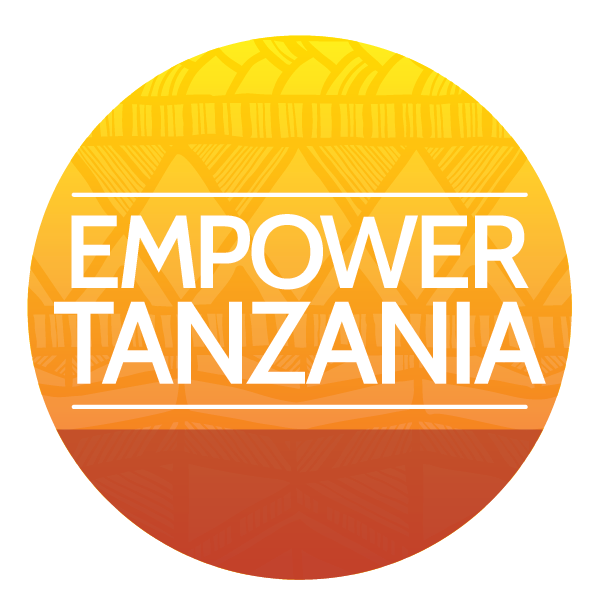Community-Hospital Alliance Program
The Community-Hospital Alliance Program (CHAP) is now operational. Because of the lack of access to health care in the Maasai community in Tanzania, CHAP was created to train local women to provide very basic health care in their communities, and officially connect them with nearby hospitals for support. With this education, they can work in their very isolated villages to help people understand water born disease, take blood pressures, and help people decide when to go seek medical attention for health problems.
The Community Health Workers (CHWs) who were trained in May have returned home and are providing basic health services and health education to the Maasai who live in these 21 remote villages in Same District.
One Community Health Workers told us, “The men talked about this, that they are so happy to have the women with the education to teach the people in the village. They came to thank us for doing this, even though some were reluctant at first. The community will be better now because the CHWs are using their knowledge to help their people.”
Magdeline Aagard (EdD, MBA, RN) and Ron Ommen (MA, FACHE) recently returned from a visit to Same as representatives of ETI’s partner in this project, Global Health Administration Partners. They were joined by two people from the Kagera Region (in western Tanzania) who represented Total Health Africa, another partner organization of this project.
This team along with our Tanzanian staff met with the CHWs and visited all the nearby health facilities to which the CHWs will make referrals. The Clinical Officers at some of the Health Centers and Dispensaries noted that through the work of the CHWs, there has been an increase in referrals to them, especially for wound care and high blood pressure treatment. This is evidence of the beginning of a strong partnership.
They also visited Same Hospital and met with the District Medical Officer to confirm their support of our supervisors, Drs. Seth and Mbambo, and the resupply of the CHWs first aid kits through the government health centers and dispensaries. Data was also collected from Same Hospital and Gonja Lutheran Hospital to provide a baseline for future program evaluation.
The team provided encouragement to the CHWs to continue their wonderful efforts making a difference in their communities. As one of the CHWs said, “More women are delivering at the hospital since we were trained. More women are making clean water because we are teaching them.” They completed planning for a refresher course for the CHWs, using their input on topics to be taught and for a course for Maasai men which will enhance the status of the CHWs.
This visit was instrumental in moving this project forward and our thanks go to the volunteers who traveled to Same to provide their expertise and support.


